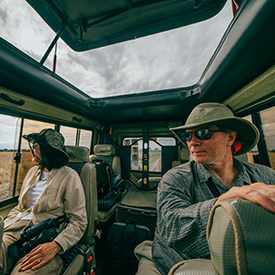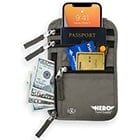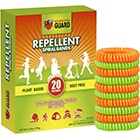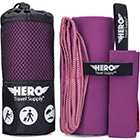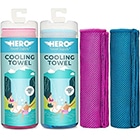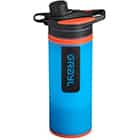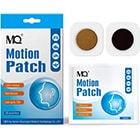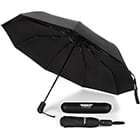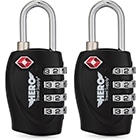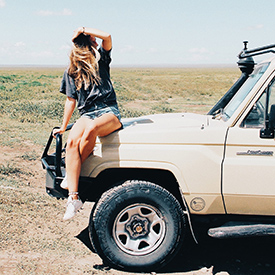Many people view an African safari as the ultimate “bucket list” travel destination—and for good reason! There is a particular enchantment about the open savannah, largely untouched by civilization and inhabited by the most stunning creatures. It is something that has to be experienced to be truly understood.
For most people, the prospect of going on a safari is both exhilarating and intimidating. That’s why I’ve put together this Safari packing list and a section on what to wear on a safari. There’s also helpful information on what NOT to bring, and answers to FAQs. Wherever you are going on a safari, these must-haves are sure to have you covered for just about any situation you might encounter.




